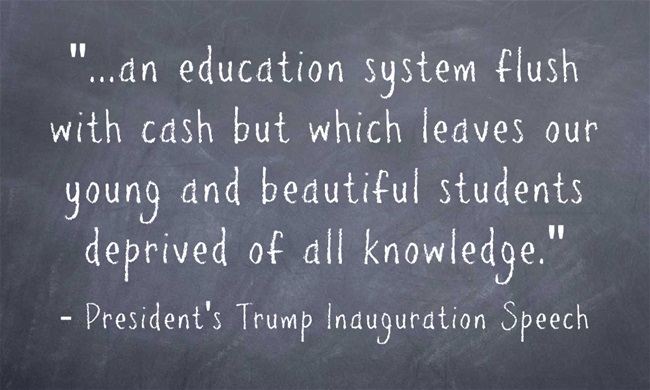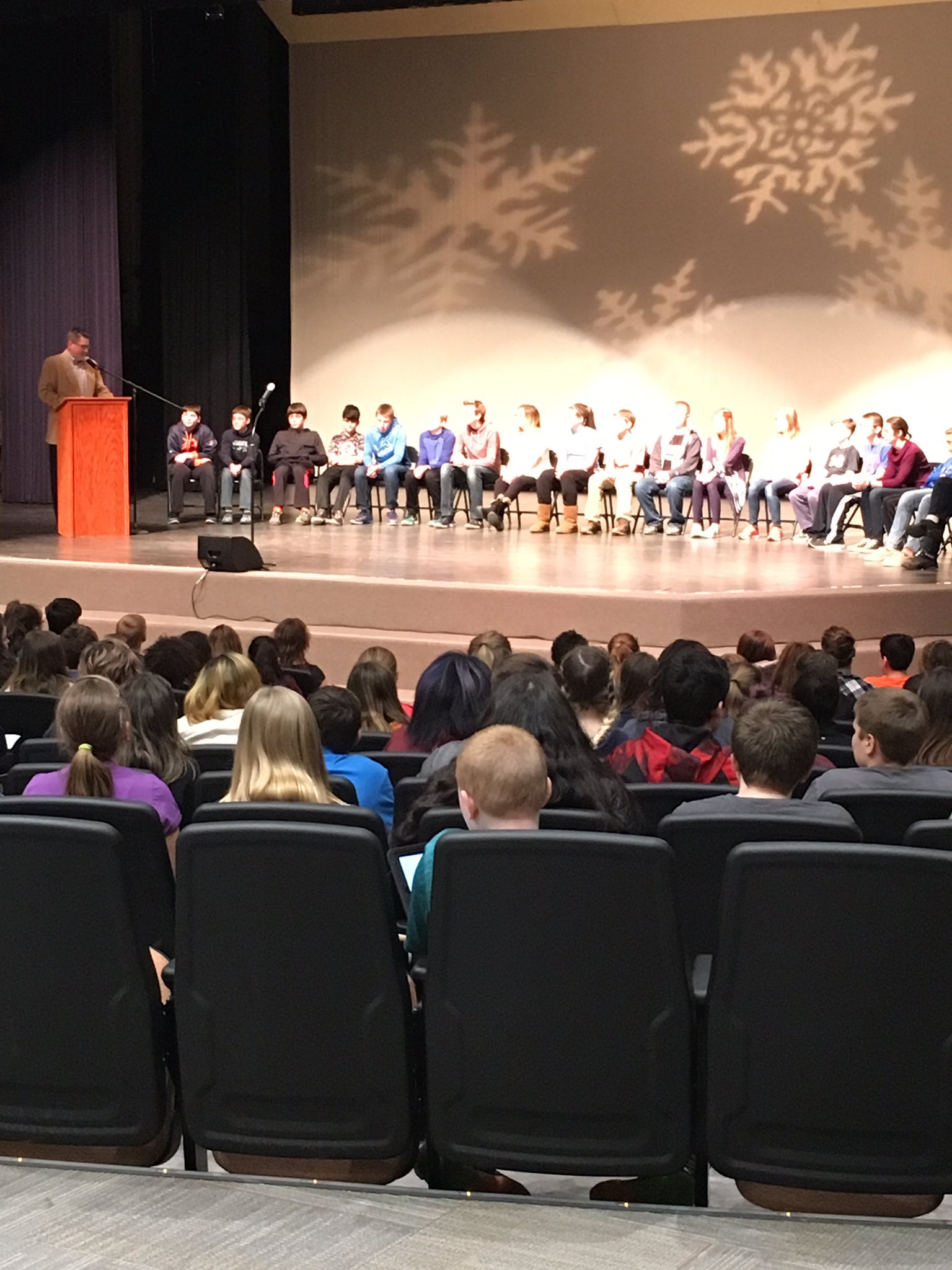MSM 348: Goldilocks and the Three . . . err Forebears!
Jokes You Can Use:
Hey, Thanks for defining “many” for me. It really means a lot.
French guy (showing me his yachts): This is Un. This is Deux. This is Trois. This is Quatre. This is Six.
Me: Where’s the 5th?
FG: Cinq.
And the award for best neckwear goes to..
Well would you look at that, it’s a tie
I let a Pasta Chef borrow my car and he returned it all denty
Mozart was a great composer, but now that he’s dead he’s a great decomposer.
Why do we call it “hiring a hitman” and not “ordering takeout”
“You have to look at the big picture” – Aggressive museum guard
*Abe Lincoln on trial*
Judge: How do you find the defendant?
Foreman: We find the defendant in a cent.
Eileen Award:
- Twitter: Holly Berchet-Hall
Advisory:
Forebears
“So, Where are you from?” Use a geographic “heatmap” of last names to find out!
Middle School Science Minute
by Dave Bydlowski (k12science or davidbydlowski@mac.com)
eBird
I was recently reading the November, 2016 issue of “Science Scope,” a magazine written for middle school science teachers, published by the National Science Teachers Association.
In this issue, I read the the Citizen Science article, “Fly Into Schoolyard Citizen Science with eBird.” It was written by Jill Nugent. The article describes how classrooms can join 100,000 users providing accessible bird data to the online global community. For more information, please visit:
http://ebird.org/content/ebird/
From the Twitterverse:
Larry Ferlazzo @Larryferlazzo
Our School Is Not “Flush With Cash” & Our Students Are Not “Deprived Of All Knowledge” http://larryferlazzo.edublogs.org/2017/01/20/our-school-is-not-flush-with-cash-our-students-are-not-deprived-of-all-knowledge/ …

Congrats to all of the participants in the Geo Bee, and thank you to the Social Studies dept. for their hard work! #OJpride

Stop doing too much: The ‘minimum effective dose’ for educators http://ditchthattextbook.com/2014/04/14/stop-doing-too-much-the-minimum-effective-dose-for-educators/ …
Multitask with ease on your #Chromebook! http://bit.ly/2j3V9ga #techtips #edTech
MiddleWeb Retweeted MindShift
Handy reflection and conversation tool for coaches and instructional partners… #educoach #alpartners #coteachat
Peter Greene Confesses: Trump is Right: I am Flush with Cash and I Don’t Teach Anything! http://ln.is/dianeravitch.net/201/1L01K …
#mschat every Thursday at 8:00 pm Eastern Standard Time. And as Troy says, “The Twitter never stops!”
Strategies:
Students with Scattered Minds
Explicit instruction about executive function and how to improve it is especially useful for students with learning challenges, as they can benefit the most from learning to rein in and consciously direct their “scattered minds.”
https://www.edutopia.org/blog/strategies-students-scattered-minds-donna-wilson-marcus-conyers
Play-doh Art
* Why is your creation art? Review your notes and materials and write an ABC paragraph responding to this question (Answer the question; Back it up with a quote as evidence; make a further Comment or Connection to elaborate on your position.
Resources:
6 Practices that “Work” to Accelerate Student Learning
In education, we are often inundated with programs, curriculums, and frameworks that are “guaranteed to increase student learning”. Promises of a silver bullet that will fix all learning difficulties find their way to teachers and administrators alike.
- Teacher credibility (.90 effect size) Trust, competence, energy, enthusiasm, and consistency are among the top characteristics students consider when determining if their teacher is credible and if they are going to choose to learn from them.
- Teacher-Student Relationships (.72 effect size) Positive teacher-student relationships involve trust, fairness, open communication and maintenance to sustain and impact student learning.
- Classroom Management (.52 effect size) Students understand expectations and are consistently held to those expectations. Promotes healthy relationships with teachers and peers.
- Self-Reported Grades/Student Expectations (1.44 effect size) Students set their own goals, monitor their own achievement, and reflect upon their process of learning.
- Teacher Clarity (.75 effect size) Learning targets are clear and articulated with success criteria. Students should be able to answer: What am I learning today? Why am I learning this? How will I know that I learned it?
- Feedback (.75 effect size) Just-in-time feedback identifies where the student is at, what the expectation is, and actions they can take to close the gap.
https://shaelynnfarnsworth.com/2017/01/18/6-practices-that-work-to-accelerate-student-learning/
30 Of The Best Books To Teach Children Empathy
http://www.teachthought.com/pedagogy/50-of-the-best-books-to-teach-children-empathy/
Web Spotlight:
A new movement to treat troubled children as ‘sad, not bad’
The concept behind these so-called “trauma-informed schools” is supported by research showing that traumatized students — those who have been exposed to repeated violence, abuse and deprivation — maintain such high levels of vigilance and anxiety that they cannot flourish at school until they can calm themselves.
http://hechingerreport.org/a-new-movement-to-treat-troubled-children-as-sad-not-bad/
Random Thoughts . . .










You must be logged in to post a comment.